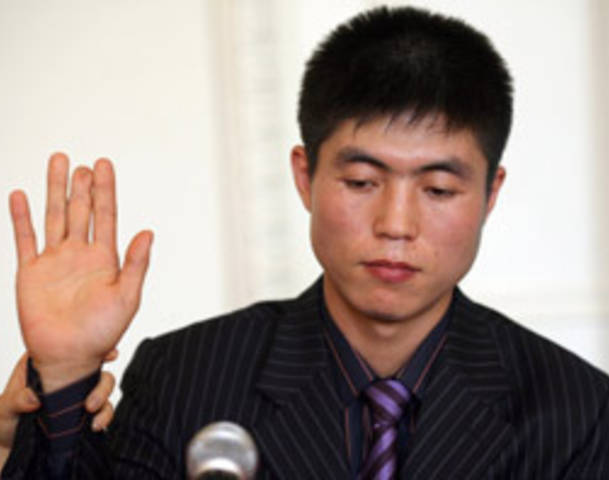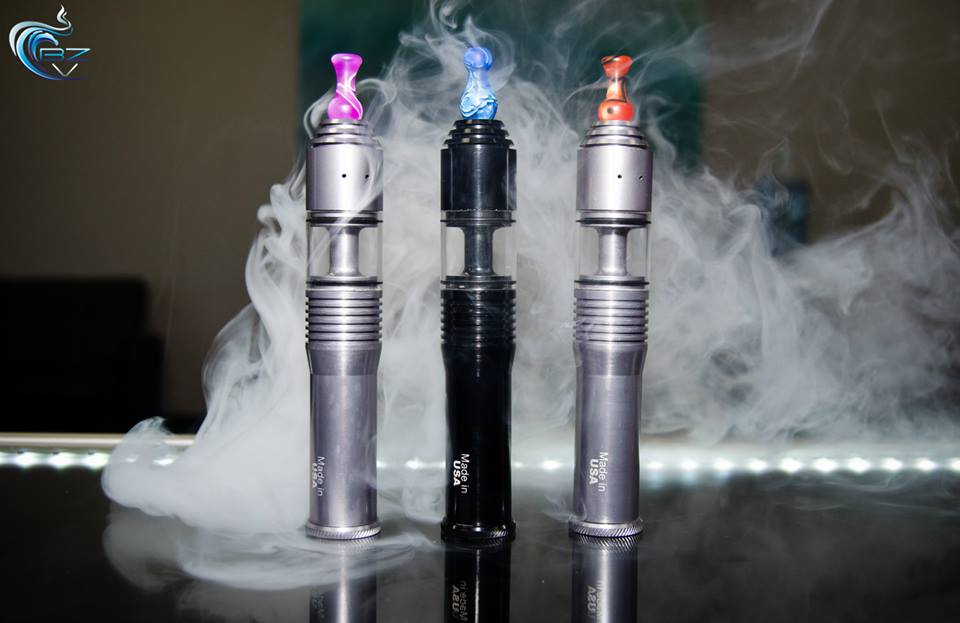by STEVE HAN | @steve_han
editor@charactermedia.com
A prominent North Korean defector, who has become something of a star with his remarkably gruesome story of surviving captivity in a prison camp, is now retracting crucial facts from his reported life experiences.
Shin Dong-hyuk, believed to be 32, admitted that his life story, chronicled in the 2012 memoir Escaping Camp 14, is only partly true. He confessed that for most of his imprisonment, he was incarcerated in the less brutal Camp 18—not the infamous Camp 14. Shin added that he was tortured by the prison guards for trying to escape Camp 18 on two separate occasions, which contradicts his initial story of enduring brutal tortures in Camp 14 for no apparent reasons other than being a child of alleged criminals.
According to his written apology on his Facebook page, Shin may even drop his humanitarian efforts to abolish political prison camps due to this shocking revelation.
“To those who have supported me, trusted me and believed in me all this time, I am so very grateful and at the same time so very sorry,” Shin wrote on his Facebook page on Saturday. “We tell ourselves that it’s okay to not reveal every little detail, and that it might not matter if certain parts aren’t clarified. Nevertheless this particular past of mine that I so badly wanted to cover up can no longer be hidden, nor do I want it to be.”
Shin, who initially said he escaped Camp 14 by crawling over an electrocuted body of a fellow inmate over a fence, reportedly declined to further comment on how he managed to escape the prison camp after he was caught two times before, saying he is suffering “great mental stress,” according to the New York Times.
The latest confession from Shin is causing a public uproar as his persistent campaign against the North Korean regime has for years made a profound impact on the United Nations’ efforts to send the hermit country’s political leaders to an open trial at the International Criminal Court. Now, there are growing concerns on whether Shin’s coming out will halt UN’s efforts, which had been a long shot in the first place.
“Without saying he was from Camp 14, he [still] had remarkable stories to tell,” said Chung Kwang-il, a former inmate of a North Korean prison camp, according to the New York Times article. “I guess he somehow thought he needed a more dramatic story to attract attention.”
Another defector, who spoke to the New York Times on condition of anonymity, said that even the recent confessions from Shin are unreliable. “[Shin] is still lying,” the defector said. “You just cannot escape a North Korean prison camp twice, as he said he did, and is still alive and manages to escape a third time.”
Shin came under scrutiny in recent months after a female defector who escaped from Camp 18 accused him of lying. She and other defectors alleged that Shin and his family never lived in Camp 14 and questioned him to clarify on the details of the story in “Escaping Camp 14,” written by a former Washington Post reporter.
Suddenly finding himself under immense pressure, the embattled Shin revealed that he had tried escaping from Camp 18 twice, in 1999 and 2001, but that he was sent to Camp 14 after he was caught both times. He initially said that he witnessed the execution of his mother and brother in Camp 14 as a child, but such a stunning story may no longer be trusted as it has now been revealed that he spent his childhood in Camp 18.
Nevertheless, Michael Kirby, the Australian judge who led the United Nations investigations on North Korea’s violation of human rights with its secret prison camps, remained adamant that Shin’s confession will have no effect on the validity of the findings, noting that the “commission deals with very serious abuses of human rights that go back over 70 years.”
Penguin Books, which published “Escaping Camp 14” in 2012, told the New York Times: “We are working with the author on an accurate understanding of the facts.”
Before the recent revelation, Shin was the only known survivor to have escaped Camp 14, known as the “total control camp” from which inmates endure three generations of punishment for anti-state crimes committed by themselves or their family members.





